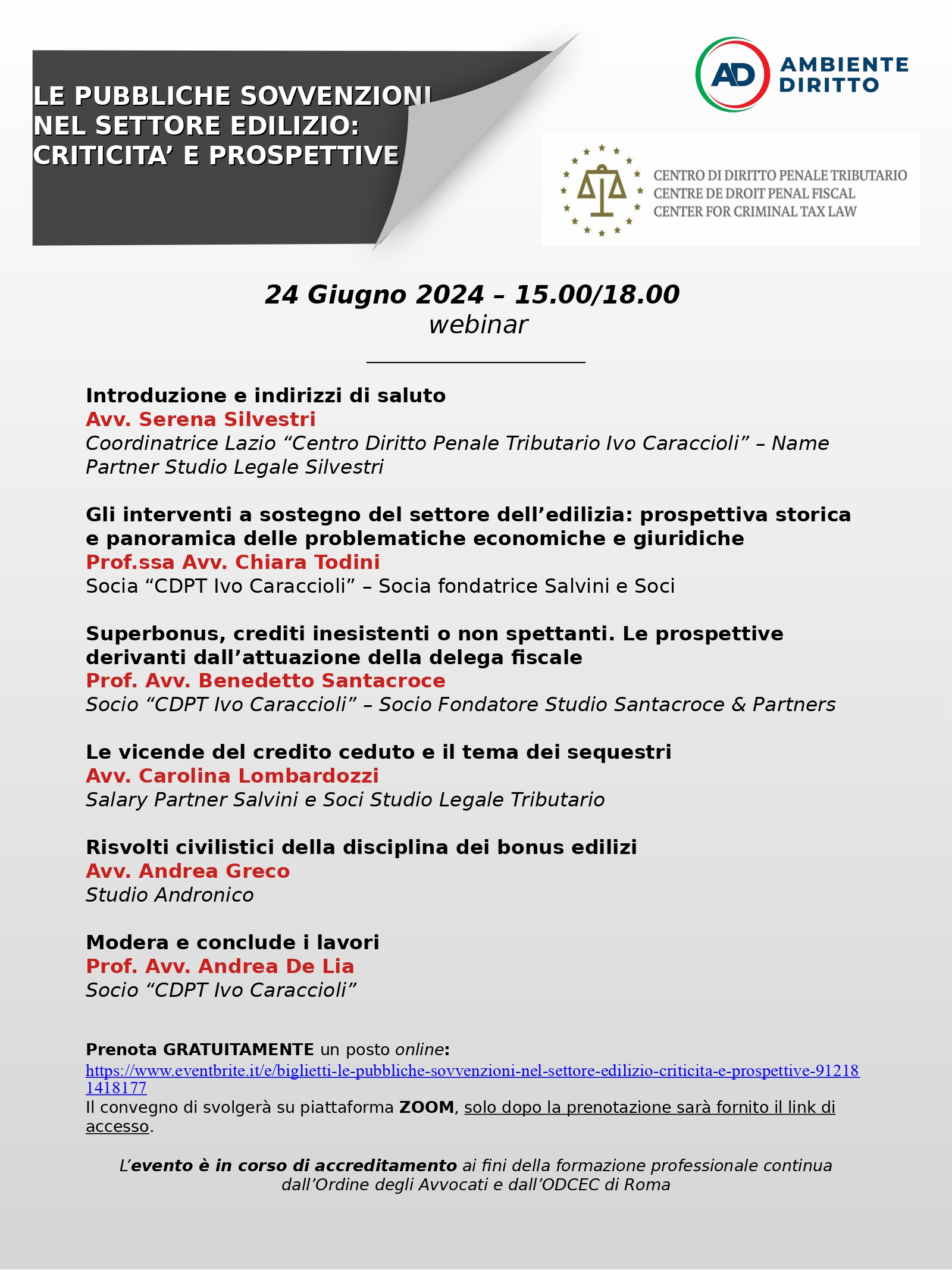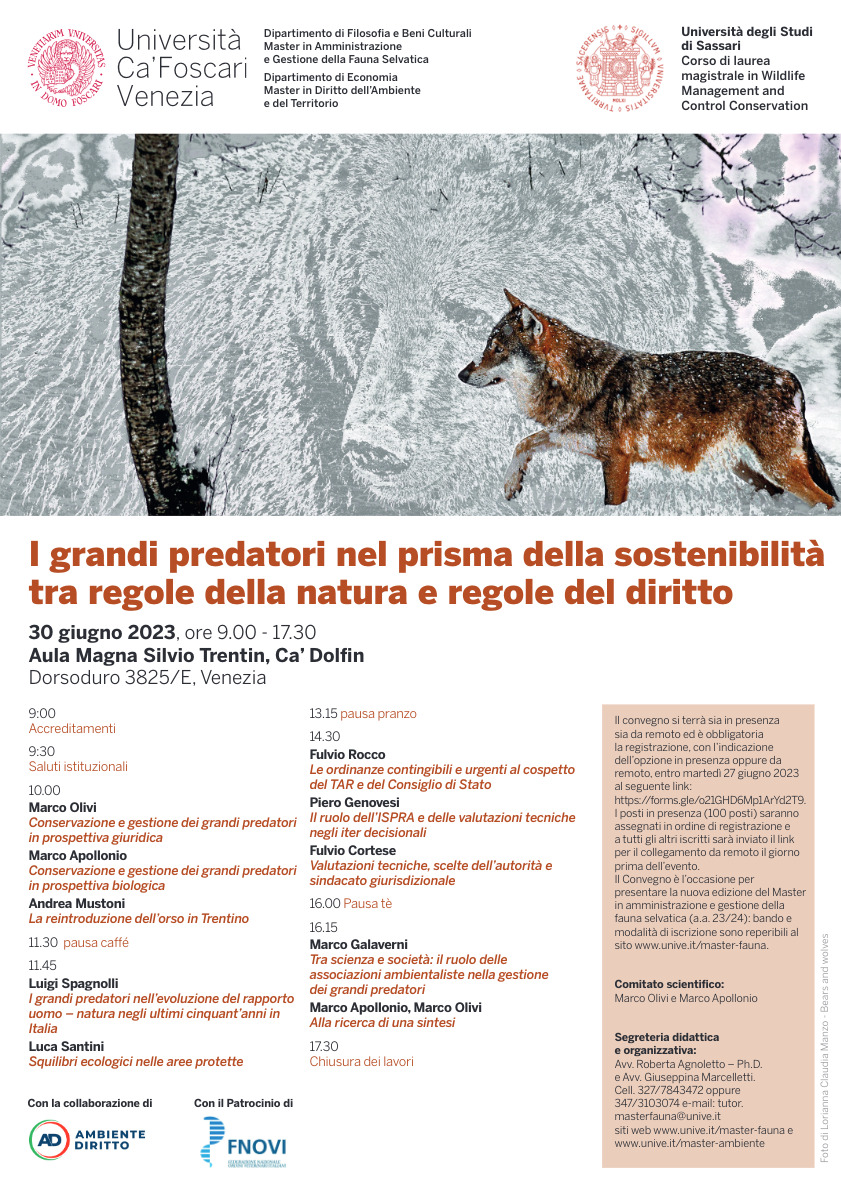______________ AMBIENTEDIRITTO ______________
IL FUTURO DELLE GENERAZIONI E L’ETÀ PER L’ELETTORATO ATTIVO NELLA REVISIONE DELLA COSTITUZIONE.
Andrea Gratteri
Professore associato di Diritto costituzionale – Università di Pavia
Il «presente dell’universo» non significa nulla
C. Rovelli, L’ordine del tempo
Abstract [ita]: l’ingresso nel testo costituzionale degli interessi delle nuove generazioni rappresenta l’occasione per riflettere sui legami che intercorrono fra il nuovo art. 9 e altre leggi di revisione costituzionale che, anche indirettamente, riguardano il medesimo tema. L’attenzione alle politiche di bilancio dettata dall’art. 81 Cost. e l’abbassamento dell’età per l’elettorato attivo per il Senato all’art. 58 si combinano con l’art. 9 Cost. e testimoniano l’esigenza che le generazioni attuali hanno di occuparsi di quelle future. A partire da queste premesse il saggio è l’occasione per riflettere sulle conseguenze dell’art. 9 Cost., in particolare nel sindacato di costituzionalità, sul ruolo del popolo come soggetto in parte svincolato dal fattore tempo e sul rapporto fra tempo e diritto.
Abstract [eng]: the entry into the constitutional text of the interests of the new generations represents an opportunity to reflect about the links that exist between the new art. 9 and other constitutional revision laws which, even indirectly, concern the same issue. The attention to budget policies dictated by art. 81 of the Constitution and the lowering of the voting age the Senate in art. 58 combine with art. 9 of the Constitution and testify that current generations need (and have) to take care of future ones. Starting from these premises, the essay is an opportunity to reflect on the consequences of art. 9 of the Constitution, particularly in relation to judical review, on the role of the people as a subject partially independent of the time factor and on the relationship between time and law.
SOMMARIO: 1. I fili rossi che legano le revisioni costituzionali puntuali. – 2. La protezione delle generazioni future: Leitmotiv delle generazioni attuali. – 3. Une génération ne peut assujettir à ses lois les générations futures. – 4. Il popolo come elemento unificante delle generazioni nel tempo. 4.1. Il popolo. – 4.2. Il tempo. – 5. Anche nell’interesse delle future generazioni. – 6. I giovani elettori come portatori di uno specifico interesse secondo un criterio di prossimità. – 7. Conclusioni.
Scarica allegato





 AMBIENTEDIRITTO.IT EDITORE
AMBIENTEDIRITTO.IT EDITORE